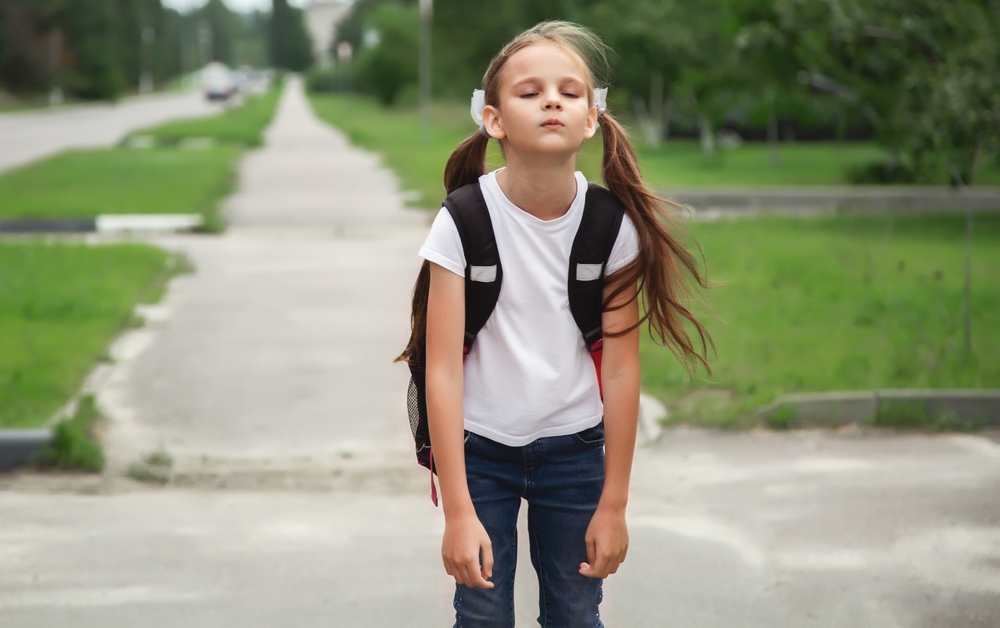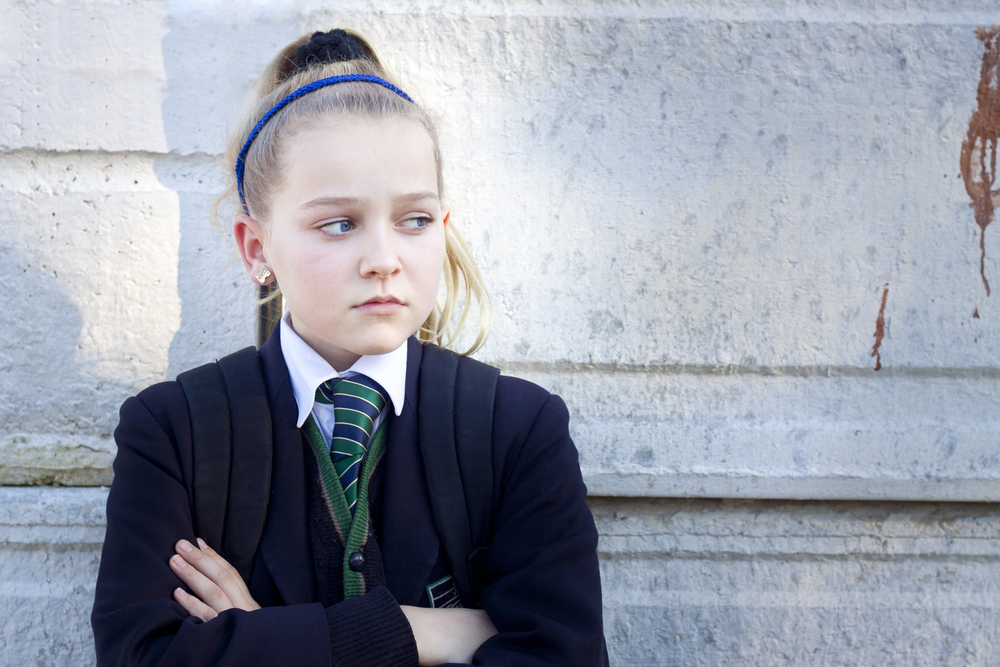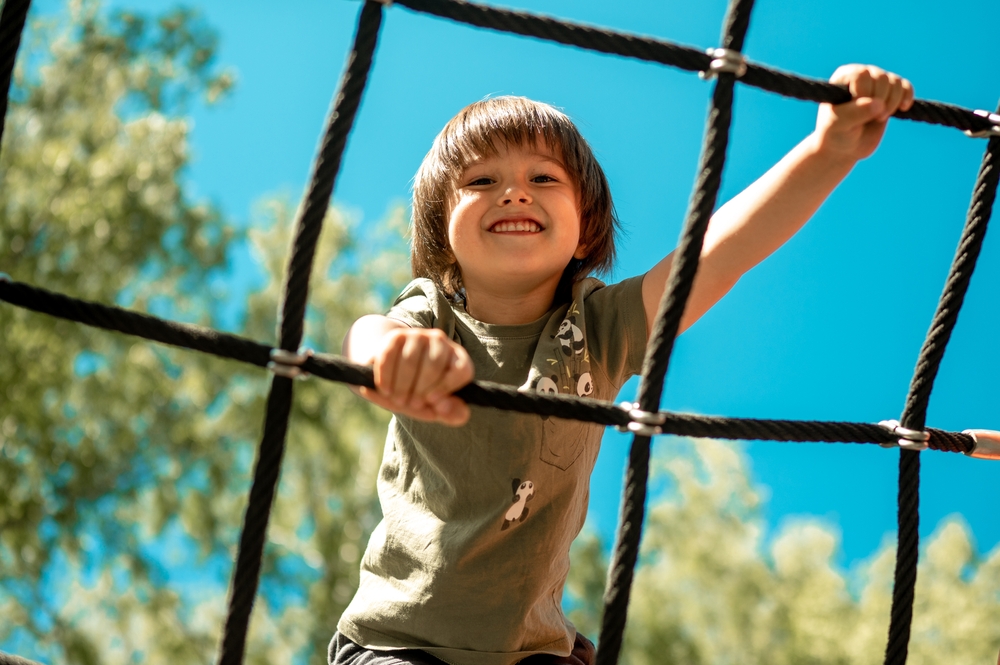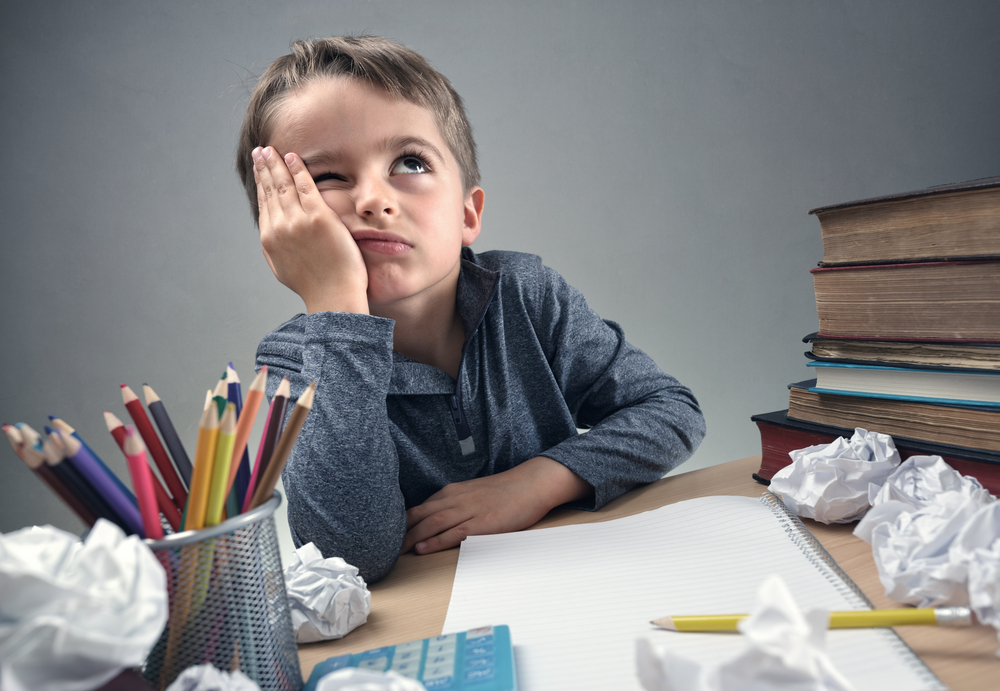As parents and caregivers, it is extremely gratifying when your kid’s teacher tells you how much of stellar, loving, and cooperative student they are at school. So, why is that when it’s time for you to spend time with your kid… they go from supposed angel to absolute devil!?
Some parents probably go home scratching their heads thinking, Did I pick up someone else’s child? If that sounds like you, don’t worry. Your child is probably just experiencing something known as “after-school restraint collapse.” It sounds scary, but it happens far more often than you would expect – and it doesn’t have to last forever.
What Is After-School Restraint Collapse?

In short, it’s when a child comes home after a full day of school and suddenly gets crabby, loud, confrontational, and teary-eyed. Even adults can get this way after a long day of work. (Just replace “school” with “work” and reminisce about all the times you came home and exploded on your partner or started ranting at your pet!)
Picture it like a bubble… When kids are at school, they usually want to have fun with their friends, stay out of detention or off of the “thinking chair,” and be on the teacher’s good side. It seems pretty easy until someone trips them at recess or gets them in trouble or keeps bugging them in all sorts of different ways – kids are creative!
It takes a lot not to retaliate when those things happen… to stay calm, be forgiving, and keep the peace. If you’ve ever tried to do the same in hopes of keeping a job or salvaging a friendship, you know how it feels to bottle up so much. And since home is a safe place for children and adults alike, it’s where the after-school restraint collapse tends to happen.
The Symptoms: What After-School Restraint Collapse Looks Like

“Children experience this in various ways,” says Stacy Haynes, CEO and counseling psychologist at Little Hands Family Services. [1] “Some children have a complete meltdown that involves temper tantrums [or] refusal of parent directions while others just withdraw or are quiet for a while after school.”
According to psychotherapist Nancy Brooks, it happens most to children aged 12 and under. “When they come home from school they will regress emotionally,” Brooks says. [1] “They will act younger than their age and whine, cry, throw tantrums, act needy, moody, and generally have a meltdown. They will look at behave as if they are exhausted.”
Most likely, they are. However, parenting educator and registered psychologist, Vanessa Lapointe believes after-school restraint collapse has to do with more than just fatigue. Have you heard of defensive detachment? Basically, your child needed you when something happened at school, but you weren’t there…
“Now you’re there, but the initial flood of relief is quickly subsumed by a tidal wave of defensive detaching – they’re angry and push you away,” explains Lapointe. [2] “It’s like when a parent and child reunite after the child has gone missing in a grocery store. The parent will have a few seconds of clutching relief as they hug their child and then bam! Defensive detachment kicks in with anger as they admonish their now-found child.”
4 Simple Ways to Make the Transition from School to Home Easier for Everyone

As people who probably have days where we suffer from after-work restraint collapse, it’s important to show our kids or grandkids empathy when they show the symptoms above. Fortunately, many kids will have these episodes less and less as they mature and become more emotionally resilient. For now, here are some ways to cope with and remedy kids’ after-school restraint collapses. [1-3]
Read More: High School Principal Dies After Donating Bone Marrow To Help Boy
1) Give them time to decompress

Instead of asking all about their day the moment they walk through the door, wait a little bit. Let them unpack their bags, go to the bathroom, grab a snack… whatever! They were just at school for six hours (more if they attend before and/or after-school programs) and probably don’t want to talk about school just yet. Give it some time… Anyway, kids usually end up bringing significance even on their own.
2) Let them get active

If a kid shows interest in an active sport or hobby, try your best to foster it early on. Physical activity, though it seems counterintuitive after a long day, will help release endorphins, re-energize their minds, and make them more alert!
3) Homework can wait

Again, let’s not reintroduce “school” so quickly after leaving the building. Maybe homework doesn’t need to be completed before dinner. Waiting until after they refuel with a nutritious meal will likely allow their brain to function better and complete their homework quickly.
4) Lead by example

If you feel after-work restraint collapse coming on, practice what you preach and try the practical tips above. Kids learn by looking at their parents and caregivers so if you start throwing tantrums, they probably will, too!
After-school restraint collapse is a real thing – for kids and adults. What it boils down to is trying to foster a safe home environment that will allow your child to walk through those doors and feel the calm, loving, and supportive haven they’re so fortunate to have.

Read More: The amazing farming preschool that teaches kids how to grow their own food
Sources
- Marcoux, H. (2018, September 07). After-school restraint collapse is real-here’s how to help your child. Retrieved from https://www.mother.ly/child/if-your-child-falls-apart-after-school-theres-a-good-reason-why
- Seto, C. (2018, September 12). After-school restraint collapse is a real thing-here’s how to deal with it. Retrieved from https://www.todaysparent.com/kids/school-age/after-school-restraint-collapse-is-a-real-thing-heres-how-to-deal-with-it/
- Nair, A. (2016, September 21). 7 Ways to Help Your Child Handle “After School Restraint Collapse”. Retrieved from https://community.today.com/parentingteam/post/7-ways-to-help-your-child-handle-after-school-restraint-collapse

